Environmental Engagement in Practice: An interactive events programme
Given the current environmental crises the world is facing, the importance of engaging the public with environmental research has never been higher. High-quality inclusive environmental engagement can raise awareness, build knowledge, and inspire action and change.
 Funded by Natural Environment Research Council , the National Coordinating Centre for Public Engagement has developed the Environmental Engagement in Practice programme, a series of free day-long events, exploring themes for public engagement with environmental research.
Funded by Natural Environment Research Council , the National Coordinating Centre for Public Engagement has developed the Environmental Engagement in Practice programme, a series of free day-long events, exploring themes for public engagement with environmental research.
 The events will bring people across the sector together, from researchers and policy makers to creative and community practitioners, to learn and share ideas. Each event is tailored around a specific theme, informed by the Insights Report published earlier this year.
The events will bring people across the sector together, from researchers and policy makers to creative and community practitioners, to learn and share ideas. Each event is tailored around a specific theme, informed by the Insights Report published earlier this year.
The first event will take place on Wednesday 25 May 2022 and will focus on practical skills that support public engagement. Registration for this event is now open.
The programme
Public engagement skills
Wednesday 25 May, 10am-4pm
This event will focus on practical skills that support public engagement work. All delegates will have the opportunity to participate in an inclusive engagement session, and then choose from a range of practical skills workshops including working with schools, working with policy makers, and creative storytelling.
Register for this event
Ethics of engagement and dealing with controversy (save the date)
Tuesday 6 September, 10am-4pm
This event will explore the ethical considerations needed to do engagement well. Through case studies and discussion, delegates will have the opportunity to explore the nature of controversy, and how these can be managed in an appropriate way. This session will include a reflection on what people value and how values play out when working alongside others.
Evaluation, sustainability and making a case (save the date)
Thursday 12 January 2023, 10am-4pm
This event covers three main challenges for those seeing to embed engagement into their work: how to evaluate your programme effectively; if and how to sustain your work; and how to advocate for the value of engagement within your research. These separate but interlinked challenges will be explored through interactive workshops, reflective sessions, and panel discussions.
Who can attend?
These events are intended for anyone working with environmental research with an interest in engagement and knowledge exchange, particularly those who are keen to develop or enhance their public engagement practices.
This includes:
- Environmental researchers at any career level
- Policy makers working with environmental research / researchers
- Creative and community practitioners working with environmental research
- Others who can demonstrate a connection with environmental research to their work
People at all levels of engagement experience, including those who are just starting out are welcome to attend.
If you have any questions, please contact Alyssa Chafee at alyssa.chafee@uwe.ac.uk.
Alternatively, please contact BU Engagement Officer, Adam Morris publicengagement@bournemouth.ac.uk
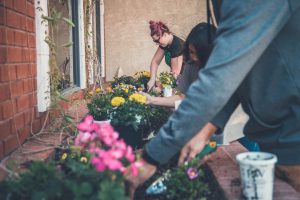 How volunteering can boost your wellbeing
How volunteering can boost your wellbeing




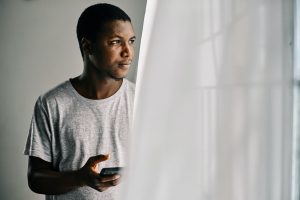


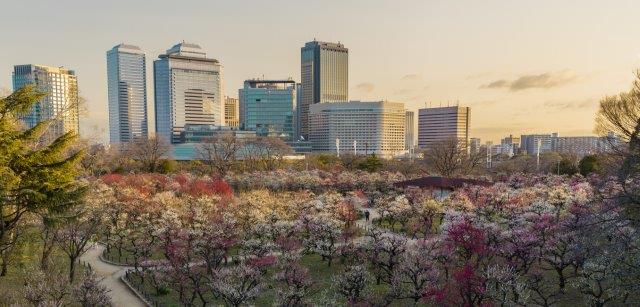
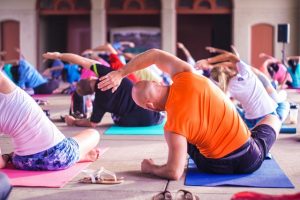
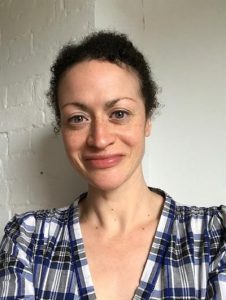 In the online discussion, Dr Collard will outline her findings so far, which will provide important data for people with epilepsy and their families and carers, as well as medical professionals and those working in the fitness and leisure sector.
In the online discussion, Dr Collard will outline her findings so far, which will provide important data for people with epilepsy and their families and carers, as well as medical professionals and those working in the fitness and leisure sector.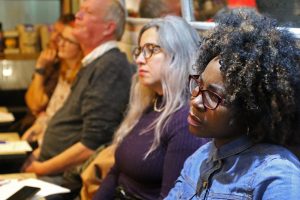
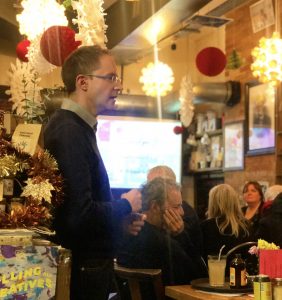 Start reporting your data for events with external audiences
Start reporting your data for events with external audiences
 Do you want to find out more about our
Do you want to find out more about our  Funded by
Funded by 











 Dr. Ashraf cited on ‘Modest Fashion’ in The Guardian
Dr. Ashraf cited on ‘Modest Fashion’ in The Guardian NIHR-funded research launches website
NIHR-funded research launches website Academics write for newspaper in Nepal
Academics write for newspaper in Nepal New paper published on disability in women & girls
New paper published on disability in women & girls MSCA Postdoctoral Fellowships 2025 Call
MSCA Postdoctoral Fellowships 2025 Call ERC Advanced Grant 2025 Webinar
ERC Advanced Grant 2025 Webinar Horizon Europe Work Programme 2025 Published
Horizon Europe Work Programme 2025 Published Horizon Europe 2025 Work Programme pre-Published
Horizon Europe 2025 Work Programme pre-Published Update on UKRO services
Update on UKRO services European research project exploring use of ‘virtual twins’ to better manage metabolic associated fatty liver disease
European research project exploring use of ‘virtual twins’ to better manage metabolic associated fatty liver disease